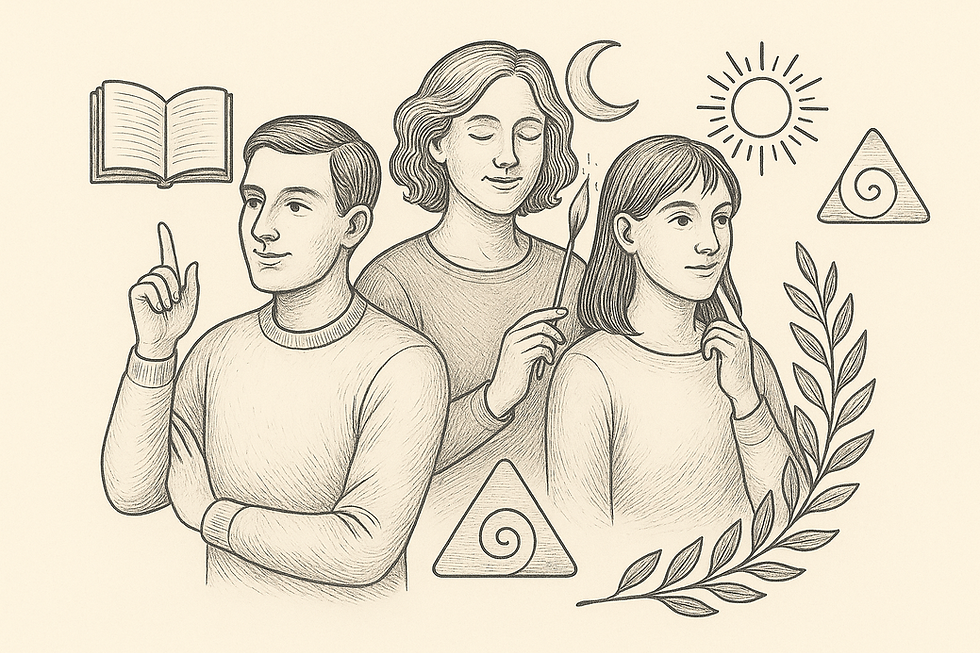The Illusion of Control: Why You Think You’re in Charge (Even When You’re Not)
- alicepailhes

- Apr 2, 2025
- 3 min read
Updated: Oct 6, 2025
Have you ever pressed a pedestrian crossing button — then felt oddly satisfied when the light changed seconds later?
Or hit a “close door” button in an elevator, convinced it worked faster because you made it happen?
Spoiler alert: In many cases, those buttons don’t do anything.But your brain doesn't care. It happily takes the credit.
Welcome to the illusion of control — one of the most compelling psychological tricks your mind plays on you every single day.

🎛️ Pressing Buttons, Pulling Strings
In the 1970s, psychologist Ellen Langer ran a now-famous experiment. She let people play a game of chance — but gave some of them a choice about their “lottery ticket.” The people who chose their own ticket felt more confident they'd win, and were even less willing to trade it later for a potentially better one.
Even though the game was random, having a choice — or the illusion of one — made them feel more in control.
And here's where it gets fascinating: studies show that when we believe we’re in control, our brains reward us with a sense of agency, even when that control is completely illusory.
It doesn’t take much:A button. A gesture. A ritual.Even thinking something at the “right moment.”
We love feeling like we’re the ones steering the ship — even if we’re just along for the ride.
🎩 Why Magicians and Minds Love This Illusion
As someone who studies both psychology and magic, I’ve seen this illusion at play on two levels.
Magicians craft effects that make you believe you’re in charge.They let you shuffle the deck, pick a card, make a choice — but behind the scenes, every outcome is orchestrated.
And your mind? It’s doing the same thing.It builds a narrative around your decisions and edits out any contradictions.
It’s not lying maliciously — it’s just trying to make sense of a chaotic world.And control feels safe. Predictable. Satisfying.
Even if it’s an illusion.
🧬 But Here’s the Twist
The illusion of control isn’t always a flaw.In fact, sometimes it’s one of the most adaptive tricks our minds can play on us.
Studies have shown that simply believing we have control — even when we don’t — can reduce stress, enhance performance, and increase resilience. Athletes visualize successful outcomes. Patients in recovery focus on rituals and routines. Students facing tough exams cling to their lucky charms. These may not change the outcome, but they change the experience of the journey.
Sometimes, the illusion gives us courage.
But here’s the difference: when we remain unaware of what we truly influence, we risk frustration, burnout, and disappointment. We might blame ourselves for things we never had the power to change — or give up control in areas where we could have taken action. We misplace responsibility. We surrender too soon. We cling too tightly.
That’s why learning to distinguish between actual agency and perceived control matters so deeply.
Because when you can spot the illusions your mind creates — without shame, without fear — you begin to navigate life with more clarity.You shift from reacting to choosing.From wishful thinking to conscious influence.From feeling trapped to feeling free.
Real agency isn’t about controlling everything. It’s about knowing what you can shape — and where to let go.
And that awareness?That’s where real power begins.



Comments